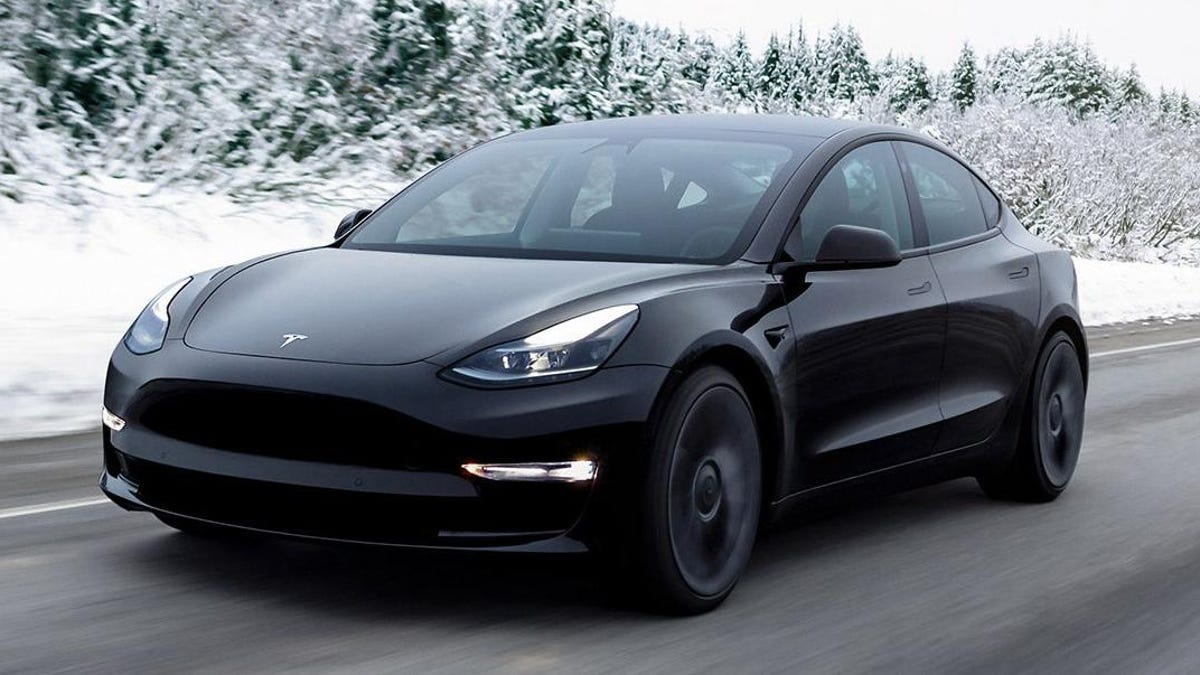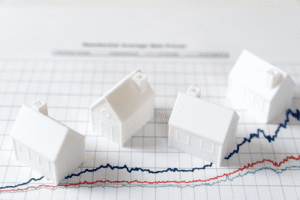Tesla's Sales Streak Is Over, But Rising Prices Helped Limit the Damage

Image: Tesla
Earlier this month, analysts predicted Tesla would not surpass its 310,048 global first-quarter deliveries — a record for the company — in Q2. On Wednesday, Tesla confirmed its earnings for the quarter that just ended. Indeed, the company fell short, recording $2.3 billion in profit during that period — approximately $1 billion below the Q1 result, the Wall Street Journal reported.
And so ends a streak in which Tesla had consistently sold more cars quarter-on-quarter since 2020. Deliveries for Q2 ended at 254,695; still 27 percent better than what Tesla achieved a year prior. The cause for the shortfall isn’t a mystery: a prolonged factory shutdown in Shanghai, due to a COVID-19 outbreak, as well as difficulties ramping up those “gigantic money furnaces” in Berlin and Austin.
Because Teslas sold for more on average during the latest quarter versus the previous one, the hit to revenue wasn’t as profound: $16.9 billion compared to $18.8 billion. “In spite of all these challenges, it was one of the strongest quarters in our history,” CEO Elon Musk said on the call. That’s a pretty fair assessment. From the Journal:
Mr. Musk on Wednesday said he expects inflation to decline toward the end of this year, citing commodity prices that are trending lower. However, he cautioned that “economic prognostication is fraught with error.”
Asked if Tesla is seeing a slowdown in consumer demand, Mr. Musk pointed to the long wait times many customers face for the company’s vehicles.
“Right now our problem is very much production,” he said. The economic situation is uncertain, though. “Consumer sentiment is all over the map,” he noted.
Musk also admitted that vehicle prices had reached “embarrassing levels.” The increases haven’t been quite the same for every model, though the bigger picture suggests a steep rise in just a year. A base, dual-motor Model S will cost you $10,000 more than it would have in 2021, while Bernstein data quoted in the Journal’s story cites a $14,000 premium for the Model Y compared to June of last year. Tesla will weather this just fine, so long as it continues to hike prices as the “giant roaring sound” from those furnaces increases in volume.





